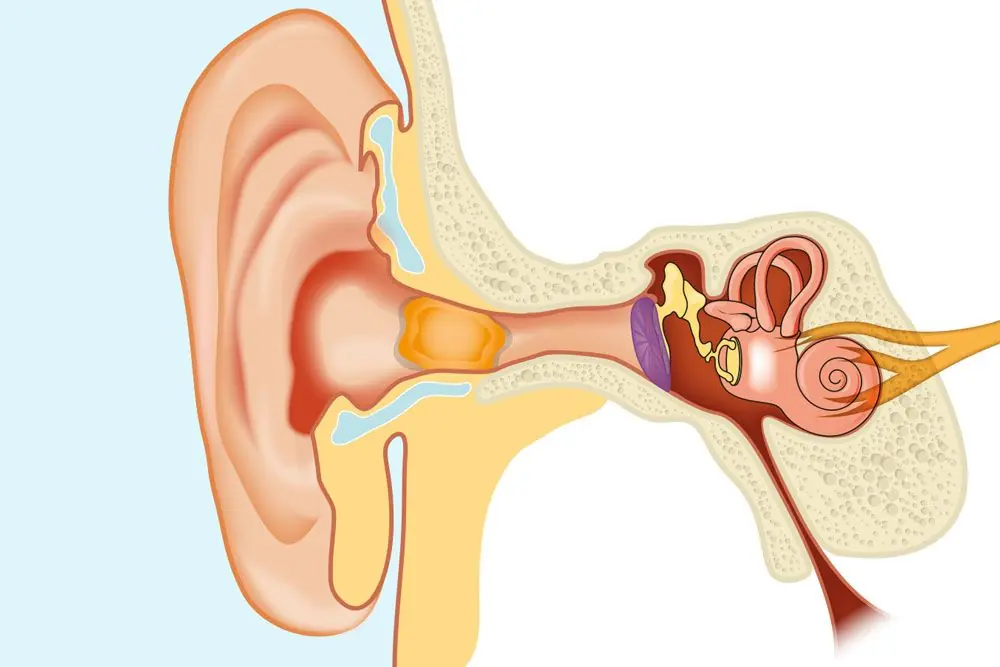There’s been a striking rise in disorders of gut-brain interaction (DGBI), including irritable bowel syndrome (IBS) and functional dyspepsia, since the COVID-19 pandemic, new survey data from the UK and the US showed.
“Healthcare providers should recognize post-COVID DGBI as part of the long COVID spectrum. These post-COVID gut problems appear more severe and require more medical care than similar pre-pandemic conditions,” Imran Aziz, MBChB, MD, honorary consultant gastroenterologist and senior clinical lecturer, Sheffield Teaching Hospitals NHS Foundation Trust and University of Sheffield, Sheffield, England, told Medscape Medical News.
Aziz and colleagues surveyed a nationally representative sample of 4050 adults in the UK and the US in 2017 (pre-pandemic) and repeated the survey in 4002 adults in 2023 (post-pandemic).
The surveys included the Rome IV diagnostic questionnaire for DGBI and questions about nongastrointestinal somatic symptoms, anxiety and depression, quality of life, and healthcare use.
The 2023 survey also asked about COVID-19 infection and illness history.
The overall prevalence of DGBI (ie, meeting diagnostic criteria for at least one DGBI) increased significantly from the pre- to post-pandemic era (38% vs 47%; odds ratio [OR], 1.20), with similar findings independently noted in both countries.
From pre- to post-pandemic, the rise in DGBI was observed within the esophageal (9% vs 10%; OR, 1.16), gastroduodenal (12% vs 16%; OR, 1.45), and bowel domains (30% vs 33%; OR, 1.12).























